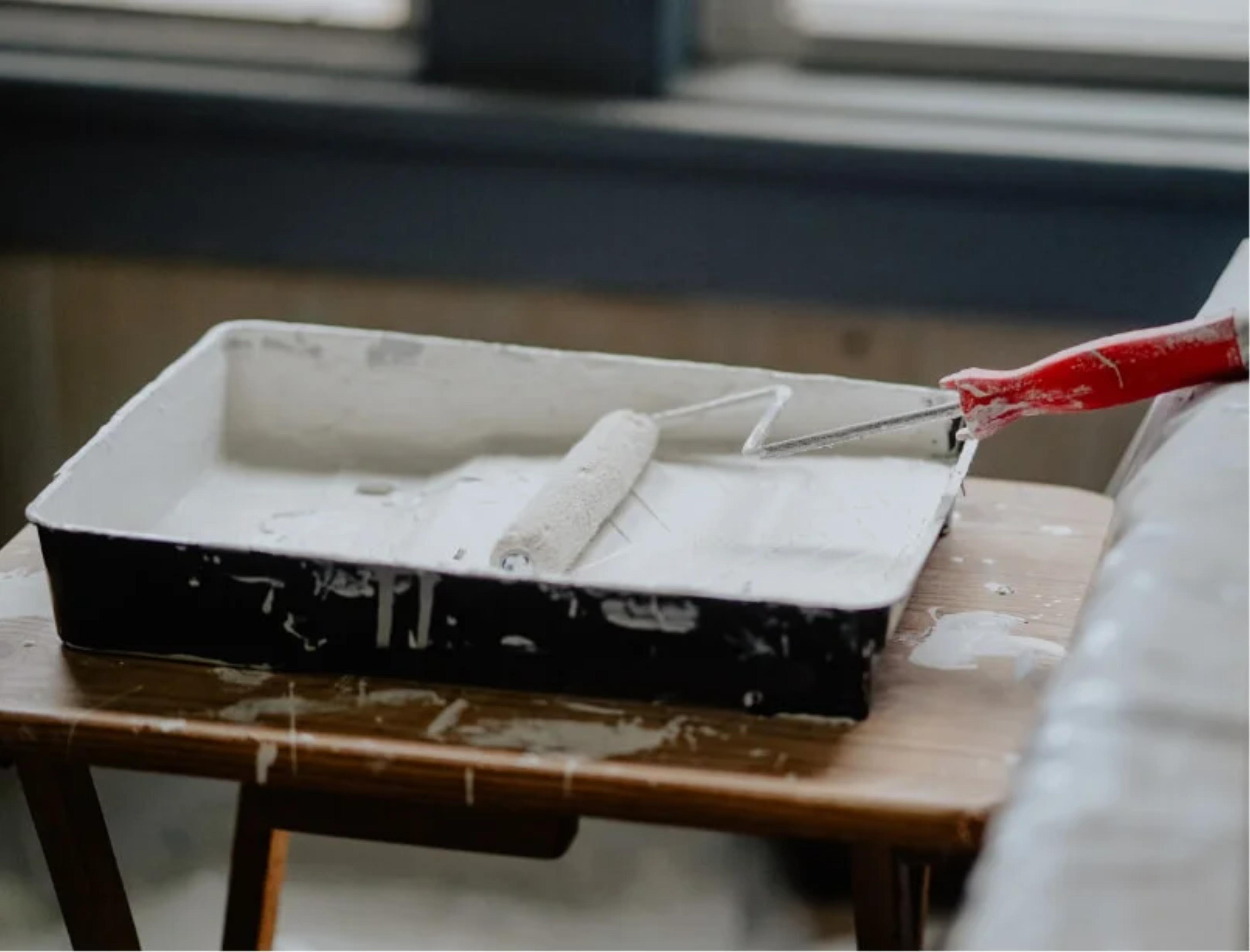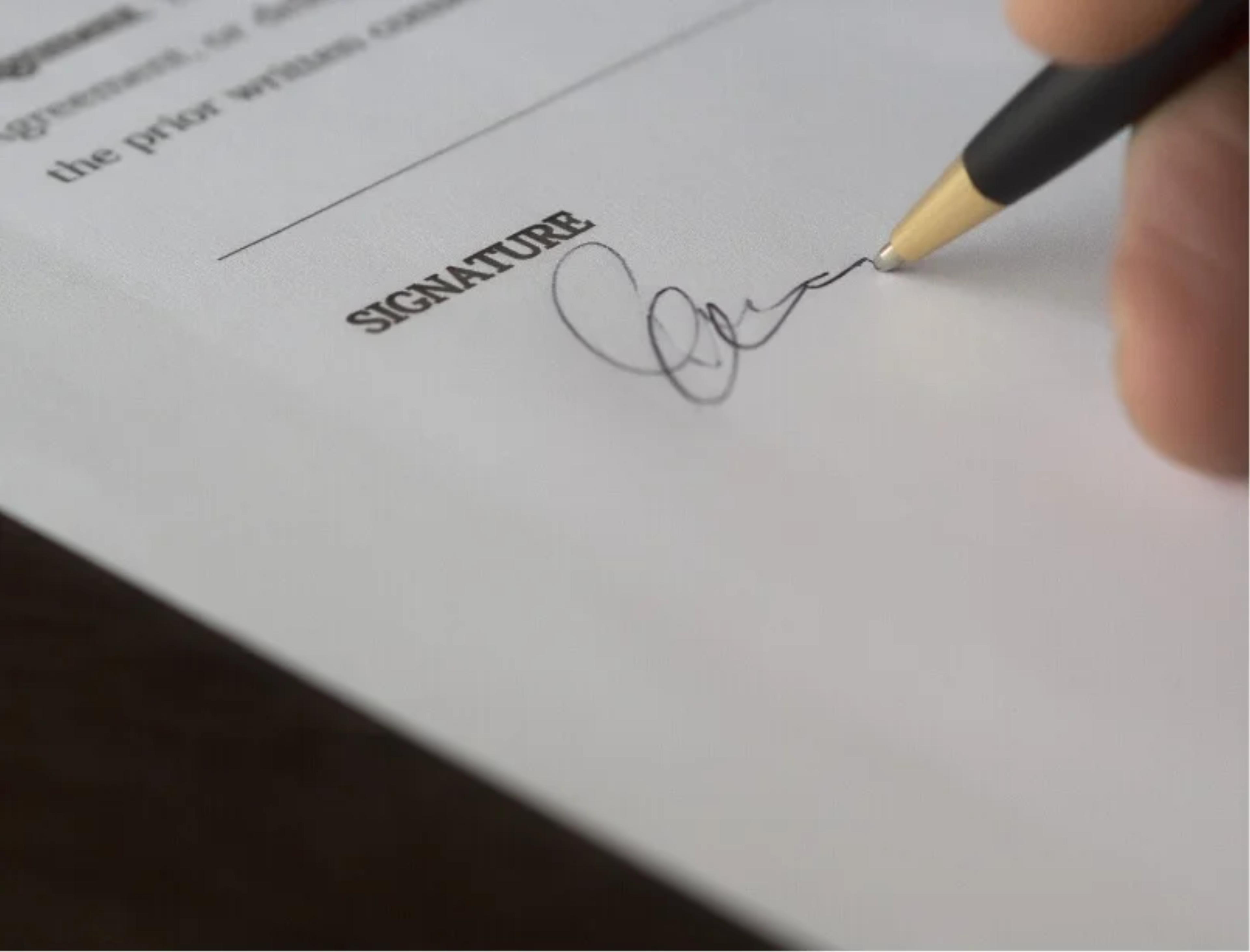
By Neil King
20 January 2023 / 5 min read
The process of selling a house: A step-by-step guide
Whether you’re a first-time seller, or seasoned investor, knowing what to expect during the process of selling a house is the best way to prepare yourself before committing to the sale. By familiarising yourself with these steps, you’ll know the necessary legal requirements to sell your home and a deeper understanding of the best practices to achieve a positive return.

“An ounce of prevention is worth a pound of cure.”
- Benjamin Franklin
Step 1: Prepare Your House for Sale
Cleaning around the home, fixing up renovations and decluttering your living spaces can make for some serious street appeal when it comes time to promote your property. Even a slight improvement to your home can have a notable impact on how it's perceived by potential buyers and real estate agents' appraisals.


Step 2: Choosing an agent
Establishing the value of your home should be your top priority when beginning the process of selling a house. Reaching out to local real estate agents is often the best way to get an estimation of the value of your home. They also have a portfolio of prospective buyers who may be interested in your property. Connecting with the right agent used to be time-consuming and take from the excitement of selling your home, but AgentSpot is a fast way to receive up to five real estate proposals, including a free appraisal within two business days.
Step 3. Decide on your sales method and set a price
Once you’ve determined the value of your home, deciding on a sales method should be your next step in selling your house. Typically there are two methods of selling, private treaty or auction. Both can be beneficial depending on the current market conditions and should be part of the early discussions between your agent.

Step 4: Formalise the agency agreement
The agency agreement is a contract between you and your real estate agent. It outlines the terms of their exclusive rights to sell your property, their fees, marketing and administrative costs, and the duration of the agreement. Review and negotiate the terms before signing, and seek legal advice if uncertain.
Step 5: Prepare the vendor's statement and contract of sale
The sale of a property involves a legal process that can be tricky to navigate without proper knowledge of legal documentation and legislation of your State or Territory. Hiring a team of experts, such as a conveyancer or solicitor, can lead to a more efficient, stress-free sale of your property.


Step 6: Getting your house noticed
After you’ve chosen the right agent for you, the advertising and showing of your property can begin. A well-established agent can enhance the visibility of your home. Their understanding of the property market will inform the most effective strategic approach to promoting and showcasing your property to potential buyers.
Step 7: Handling Offers and Negotiations
Once potential buyers start showing interest in your property, your real estate agent will handle offers and negotiations on your behalf. They will also help you review and evaluate the offers, and guide you in making a decision.
Step 8. Completing the sale
Step 9: Settlement
Settlement is the process of transferring ownership of the property from the seller to the buyer. This usually takes place around 30 to 60 days after the contract is signed. During this time, the buyer will have their finance approved, and the property will be inspected by the buyer. Once confirmed, the property will be transferred to the new owner.

Other considerations
Will I be taxed when selling my home?
What are the legal requirements when selling a house?
Do you need to notify the bank when selling a house?
Ready to sell your home?
Receive up to five appraisals from top agents in your local area within two business days.

